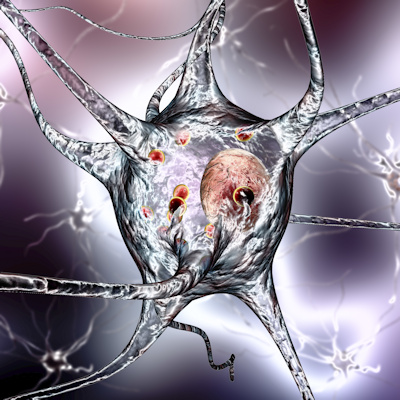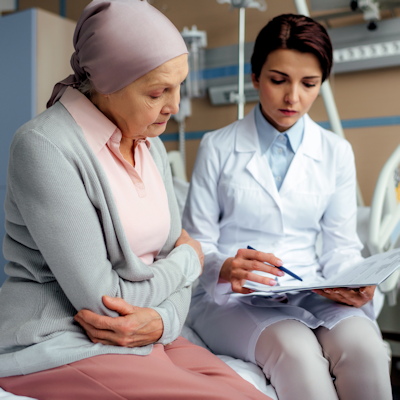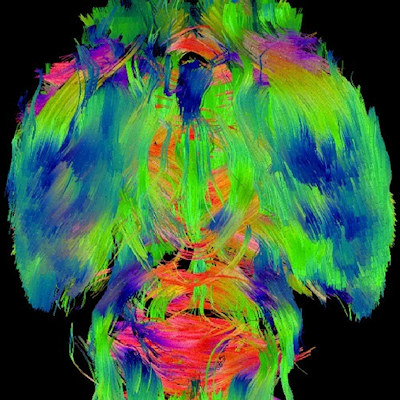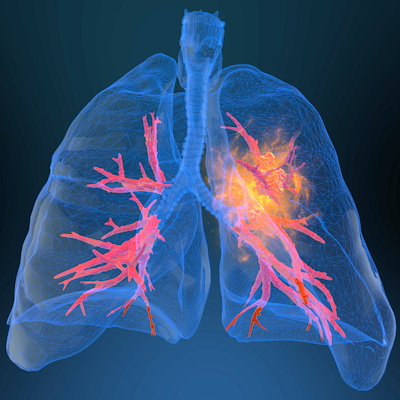April 11, 2023 -- A genetically engineered probiotic has accelerated recovery from alcohol exposure in mice, suggesting the approach could mitigate hangovers and adverse outcomes associated with excessive consumption.
The study, details of which were published in Microbiology Spectrum, built on evidence that a specific form of the enzyme that metabolizes alcohol is particularly effective at clearing the intoxicant from the body. The enzyme, alcohol dehydrogenase 1B (ADH1B), catalyzes oxidation of alcohol to acetaldehyde and is 100 times more active than other variants.
Earlier preclinical programs have studied viral vectors genetically engineered to express ADH1B, an enzyme primarily found in East Asian and Polynesian populations. However, while the intervention accelerated oxidation of alcohol in mice, the researchers are yet to show that it is safe in humans.
Seeking another way to increase levels of ADH1B, a team at the Chinese Academy of Science's Institute of Zoology genetically engineered Lactococcus lactis, a bacterium often used in fermentation, to express the enzyme. The scientists used molecular cloning to introduce the human ADH1B gene into a bacterial plasmid, and then used the plasmid to introduce the gene into a strain of L. lactis.
Laboratory tests showed the engineered strain secreted ADH1B. To study the effects of the strain, the researchers encapsulated the bacteria, thereby protecting them from stomach acid, and tested them in three groups of five mice that were each exposed to different levels of alcohol.
Twenty minutes after exposure to alcohol, the untreated mice showed signs of drunkenness such as the inability to get back on their feet when placed on their backs. In contrast, half of the mice that received the ADH1B probiotic were still able to turn themselves over an hour after alcohol exposure. A quarter of the treated mice never lost their ability to get back on their feet.
The physical manifestations of alcohol exposure correlated to the findings of blood tests. In untreated mice, blood alcohol levels were still rising two hours after exposure, while levels in the probiotic cohort had begun to fall. Similarly, the recipients of the probiotic had lower levels of lipids and triglycerides in their livers. The researchers interpreted the result as evidence that the probiotic can alleviate alcohol-related liver damage.
If translated into humans, the finding suggests the ADH1B probiotic could reduce alcohol-induced health problems and liver issues more broadly. The researchers have identified the assessment of the strain in humans as the next step in development.
Copyright © 2023 scienceboard.net










